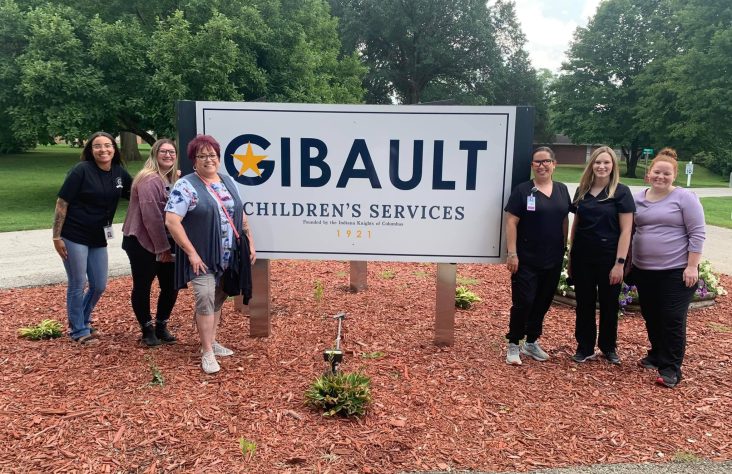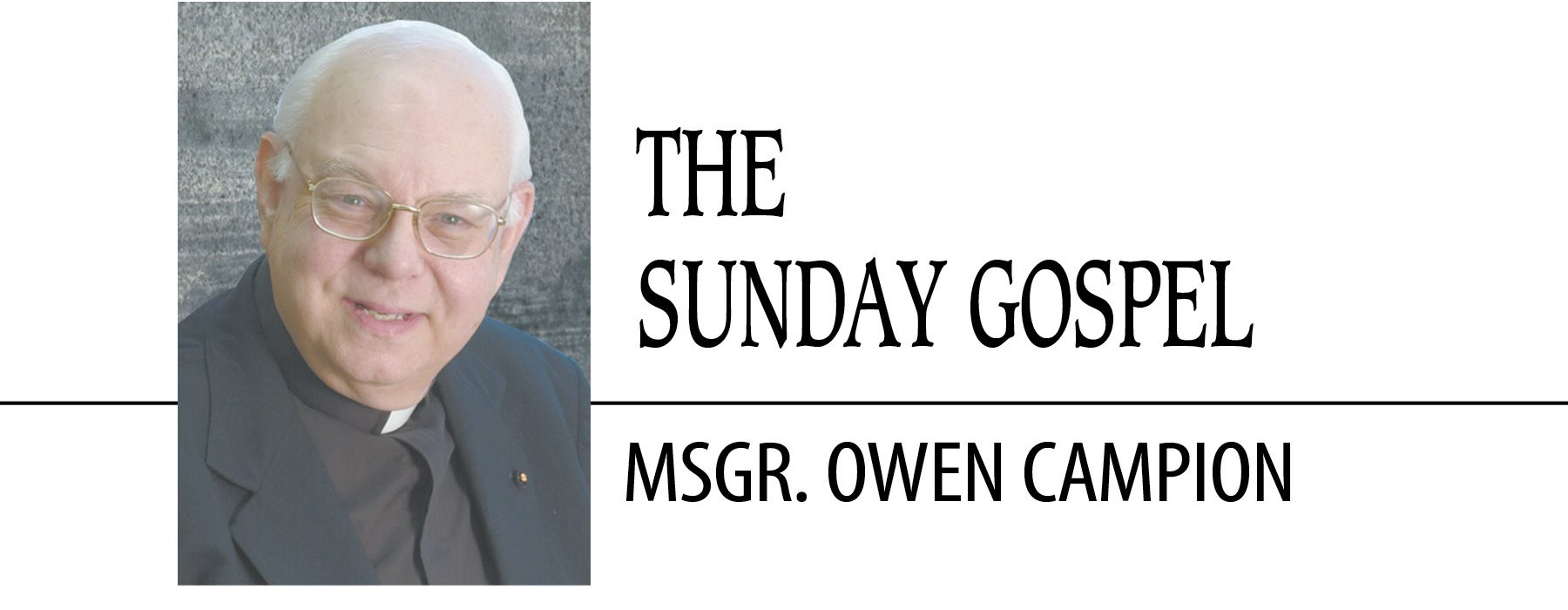September 4, 2021 // The Sunday Gospel
Sin is our burden, but God’s forgiveness heals
Twenty-Third Sunday in Ordinary Time
Mark 7:31-37
The first reading for this weekend, from the Book of Isaiah, speaks of the blind, the deaf and the lame.
Today’s culture is very different from that in which this section of Isaiah was written. Physical impairments now can be managed in most cases. Today’s medicine works wonders. People with physical challenges lead lives that would only have been dreams for those in ancient Israel.
Moreover, no public scorn now accompanies physical disabilities. People in this day and age know that these impairments have a physical explanation, that genetics, or disease, or injury, cause such difficulties.
Times have changed. When Isaiah lived, the inability to walk was a major, critical disadvantage. Even more a disadvantage was being unable to hear or being unable to see. Communication for almost everyone was verbal or visual.
Immobility, blindness, lameness or deafness, therefore, severely isolated people. Then, as much as at any time in human history, being alone was a fearful thought. More fearful than being alone was being alone and helpless.
Furthermore, physical impairments were regarded as the consequence of sin. It was an ancient Jewish belief that sin upset a person’s life and indeed the life of the broader society.
This reading, therefore, refers to persons whose impairments isolate them from others, and whose sin separates them from God.
God, in great mercy and love, restored vision, hearing and the ability to move, and thus re-established a place in the human community. Most importantly, God forgave sin. His forgiveness healed and strengthened.
The Letter of James is the source of the second reading. The New Testament mentions several men with this name. Likely, other men by the same name were alive at the time of Jesus or in the first decades of Christianity.
The Scripture does not identify the man to whom the title of this letter refers. Was it James, who was called the “brother of Jesus”? To recall the oldest Christian tradition, James was a son of Joseph by Joseph’s earlier marriage. Under Jewish law, sons or daughters of Joseph’s earlier marriage, if indeed there were an earlier marriage, would have been called the “brothers” and “sisters” of Jesus.
Realizing this Jewish custom is important, as today many deny that Mary always was a virgin.
The reading this weekend is a great lesson in the inevitable destiny of humans and of earthly life. All earthly things will die. Only the spiritual will endure.
St. Mark’s Gospel provides the third reading. Jesus has returned from visits to Tyre and Sidon, in what today is Lebanon, and to the Ten Cities, an area now in Jordan.
Merely by having visited these places, Jesus has taken the presence of God far and wide, to Gentiles as well as to Jews.
Jesus encountered a man who could neither hear nor speak. Bystanders, and possibly the man himself, would have assumed that sin somehow was in his background. By healing the man, Jesus demonstrated divine forgiveness. It brought the man back into the community, and into union with God, gave him hope and access to life.
Reflection
The Church for weeks has called us to discipleship. It also has warned us that we are shortsighted and weak.
In these readings, the Church confronts us with our sins, the source of ultimate weakness. Sin separates us from God. It blinds us and leaves us deaf. It renders us helpless. We cannot free ourselves. We are doomed.
God forgives us, and we are restored, refreshed and strengthened. We can see. We can hear. We can find our way.
Sin is our burden as humans, with all its dire effects. God, in Christ, is our hope. No one, anywhere, is beyond the scope of God’s love and mercy. He offers life to all.
The best news. Delivered to your inbox.
Subscribe to our mailing list today.






